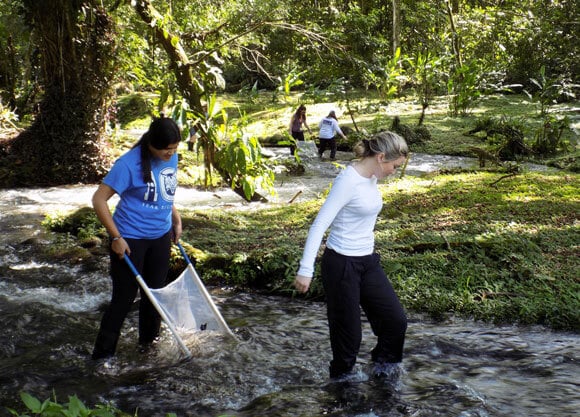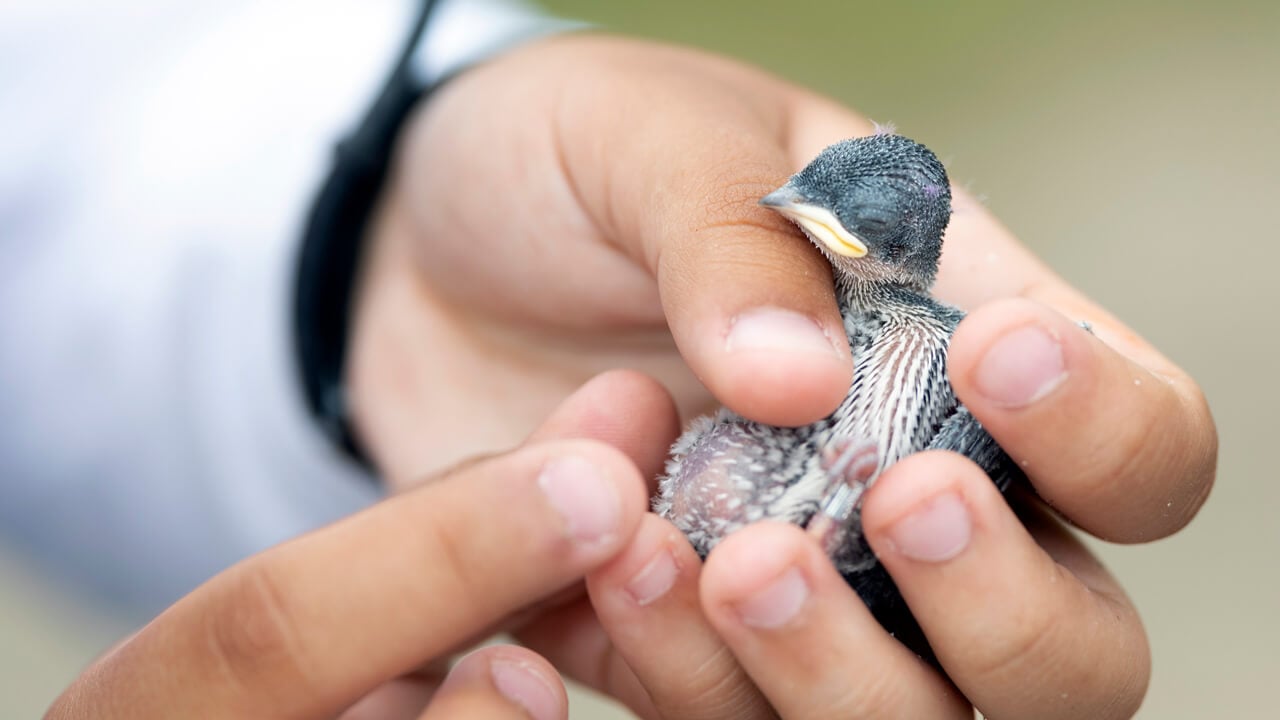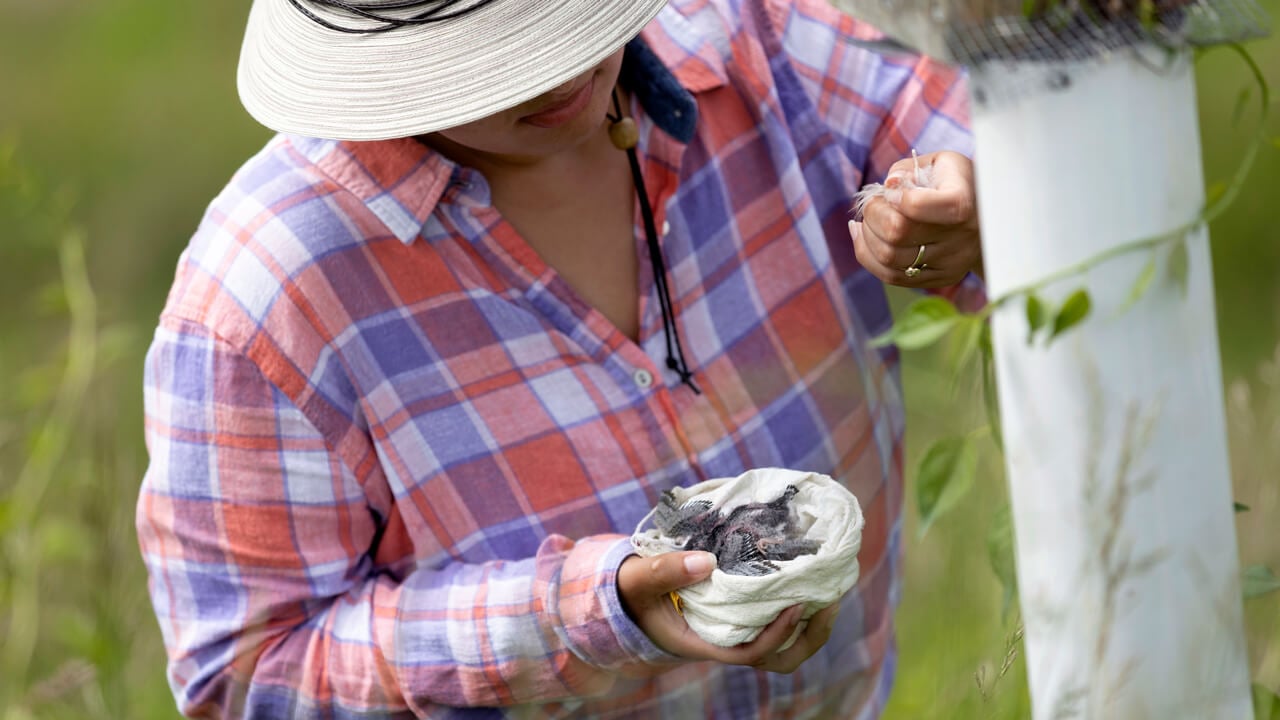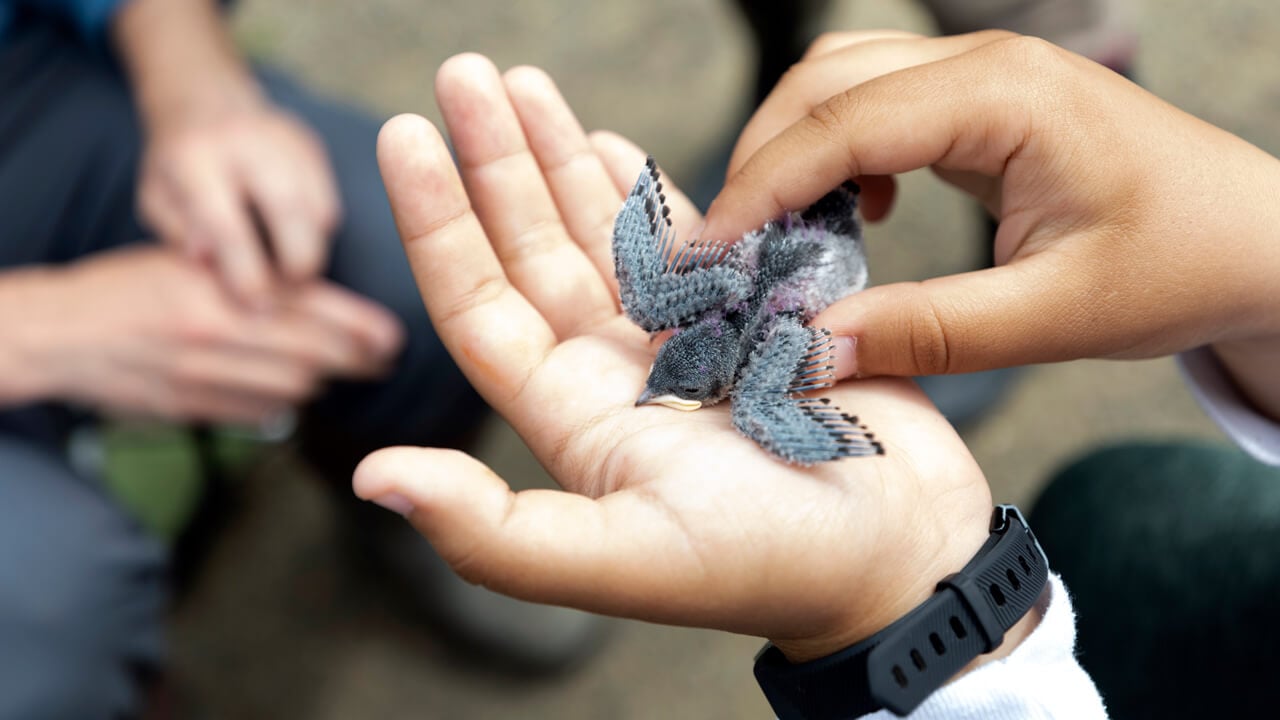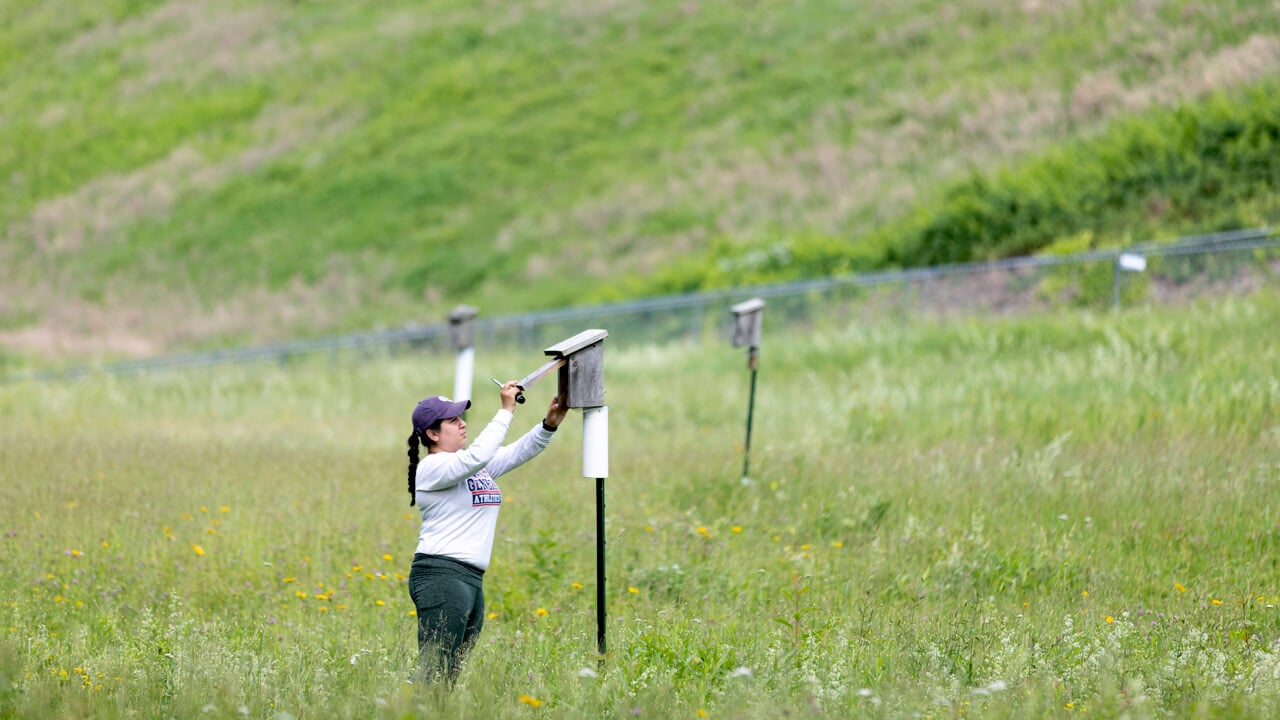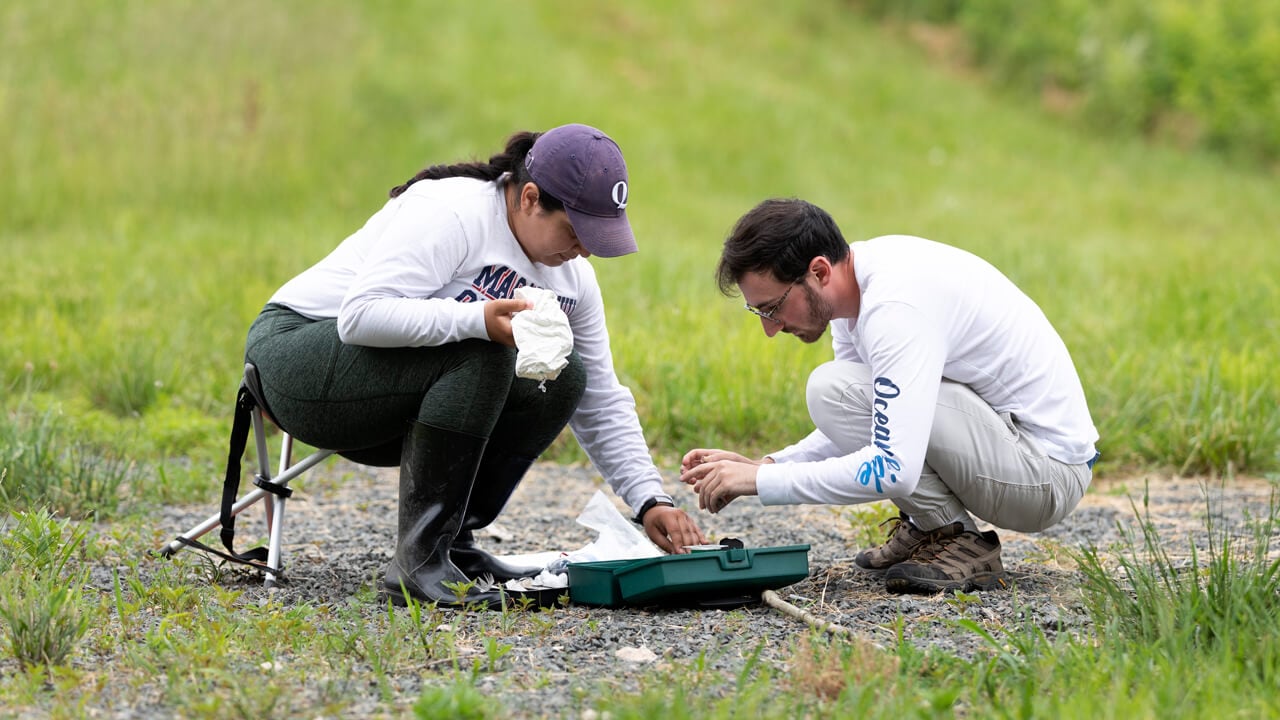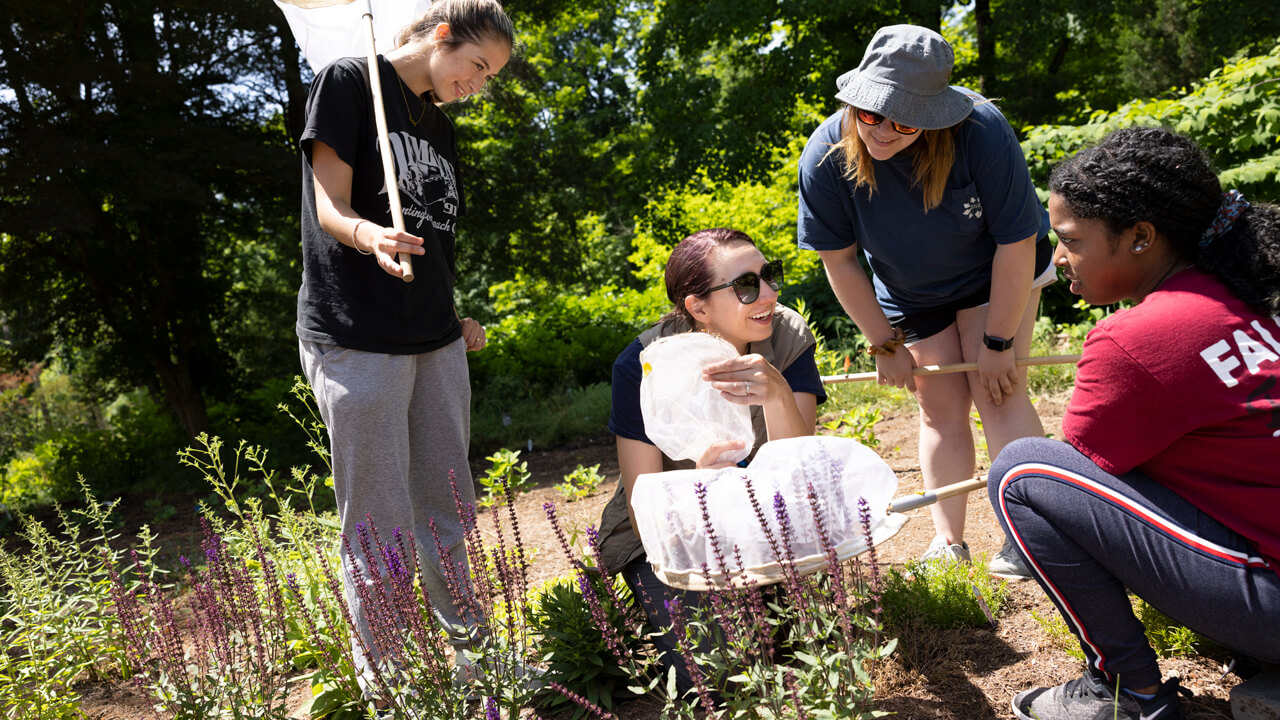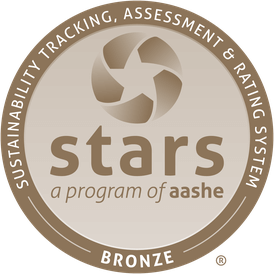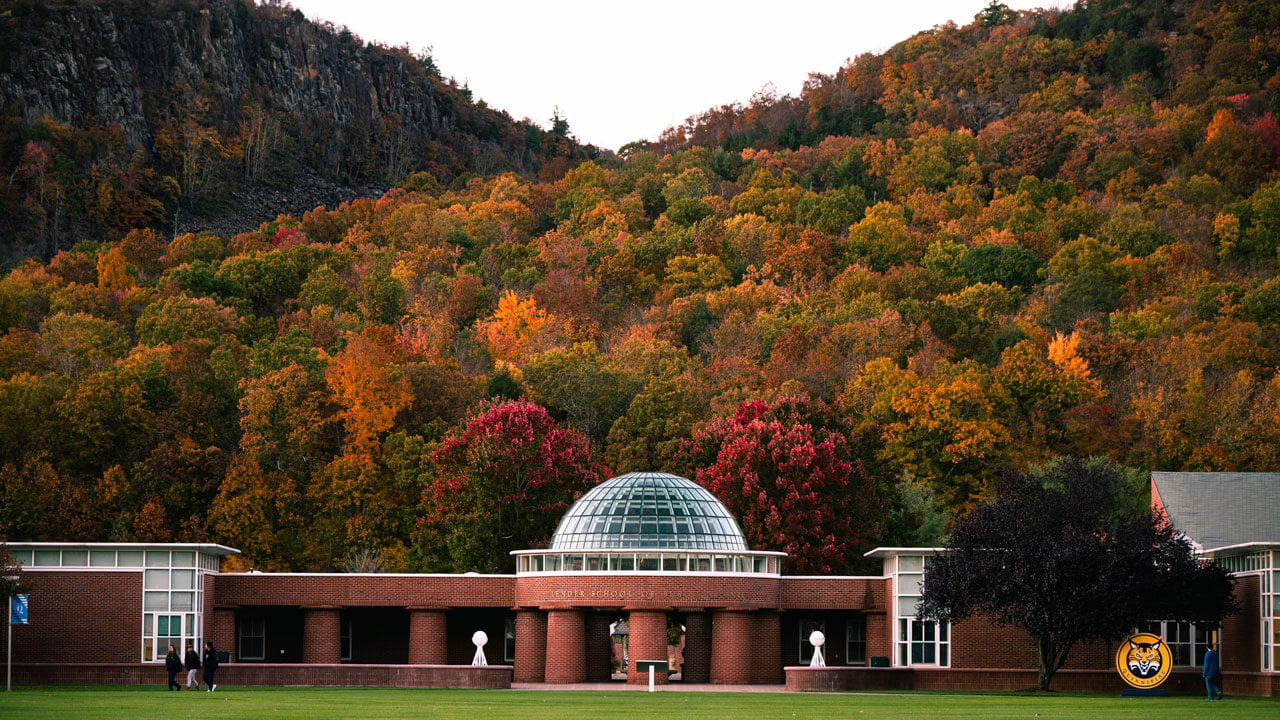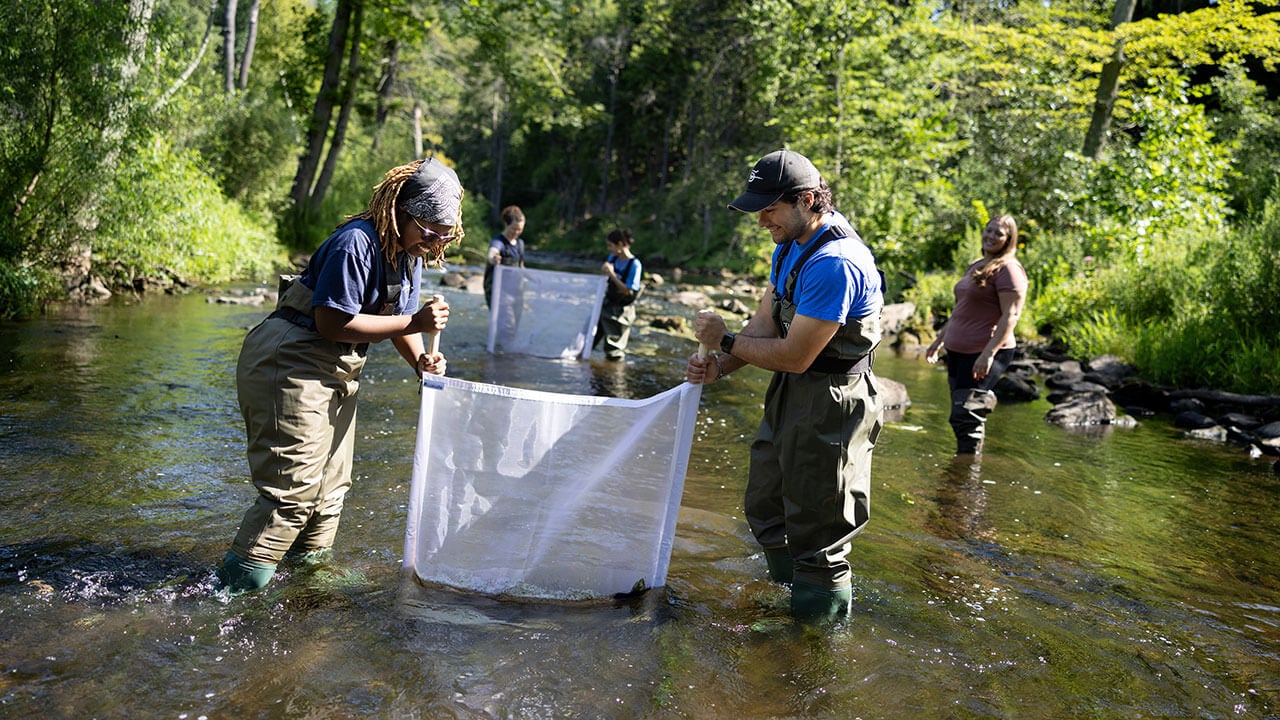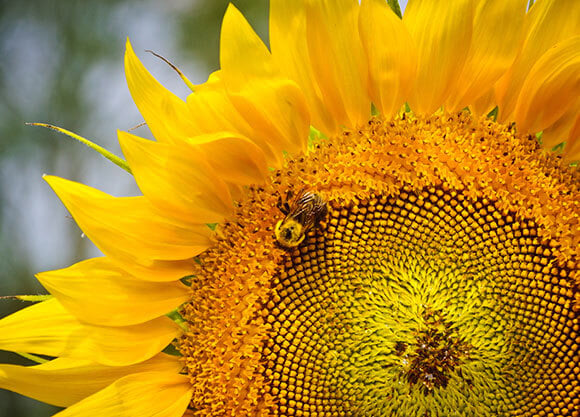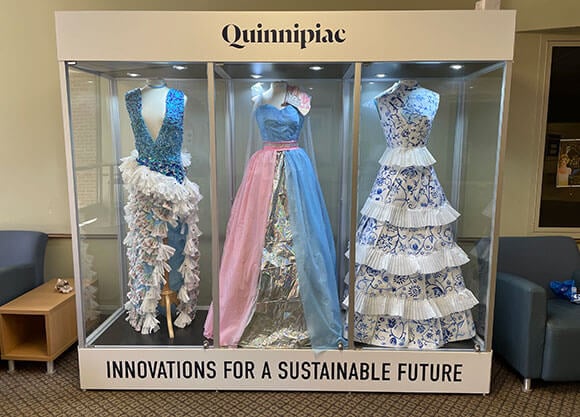From remediating air, soil and water contamination to mitigating the effects of climate change, deforestation and wetland destruction, environmental scientists play a key role in protecting the planet and improving human health.
Explore complex subjects in the environment
The BS in Environmental Science explores how the various biological, physical and information sciences intersect to shape the natural world, while examining the impact of humans on the environment from multiple perspectives, including political, legal, economic, cultural and sociological. You’ll use these lenses to analyze and interpret scientific data, conduct lab and field research, and examine solutions to many prevalent environmental issues.
Experiential learning is a major component of the program. Alongside experienced faculty, you might choose to conduct field research in climate change, limnology, renewable energy or bioremediation. You'll have an opportunity to pursue work with local nonprofits and governmental agencies or explore study abroad opportunities and faculty-led international courses.
Whether your main interest involves sustainability, agricultural production, environmental remediation or another specialty, this major provides the foundation for a range of careers. You may perform research on potential environmental health risks such as soil and water pollution or work to restore vital pollinators in the local community.

